40 items found: Search results for "containers" in all categories x


News | February 18, 2016


October 16, 2015 | Software Consultancy
OpenCredo is helping Skillsmatter with the organisation of the inaugural ContainerSched conference, and we were last night in attendance at CodeNode, working our way to finalising the program alongside the Skillsmatter team. I’m pleased to say that the provisional lineup looks great (speaker acceptance emails are being sent out over the next few days), and so I wanted to share the details of some of the great content we have confirmed already.


August 16, 2015 | Kubernetes
 Over the last few years there has been exponential growth in the interest of containers and schedulers – technology such as Docker, rkt, Mesos, and Kubernetes are now commonplace within the IT domain, and with the rise of microservices, these technologies are set to become even more popular. Skillsmatter are keen to drive forward the discussions and knowledge sharing within this area of technology, and have created a conference focused exclusively on containers and schedulers: ContainerSched!
Over the last few years there has been exponential growth in the interest of containers and schedulers – technology such as Docker, rkt, Mesos, and Kubernetes are now commonplace within the IT domain, and with the rise of microservices, these technologies are set to become even more popular. Skillsmatter are keen to drive forward the discussions and knowledge sharing within this area of technology, and have created a conference focused exclusively on containers and schedulers: ContainerSched!


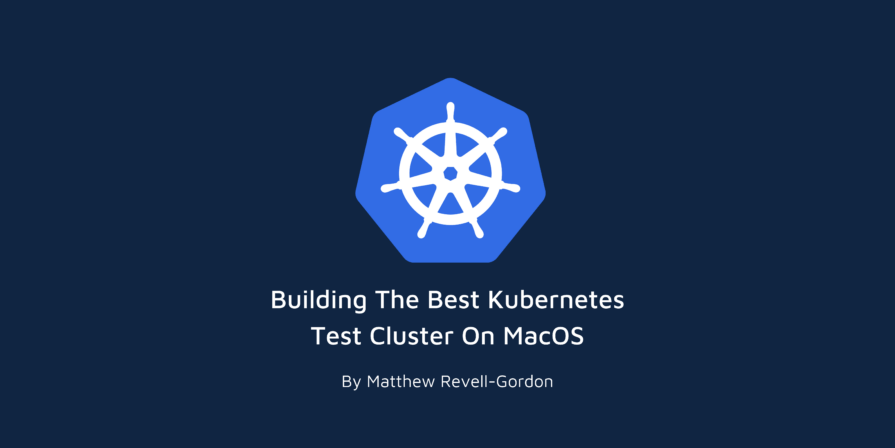
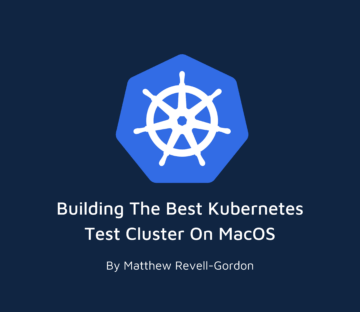
May 18, 2023 | Blog, Kubernetes
Check out Matthew Revell-Gordon’s latest blog as he explores building a local Kubernetes test cluster to better mimic cloud-based deployments, using Colima, Kind, and MetalLB.

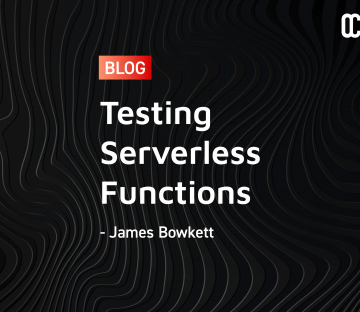
February 11, 2022 | AWS, Cloud, GCP, Kubernetes, Microservices, Open Source, Software Consultancy
Serverless functions are easy to install and upload, but we can’t ignore the basics. This article looks at different strategies related to testing serverless functions.


November 4, 2021 | Kubernetes
We always read that ‘security is everyone’s responsibility’. For any organisation, big or small, security should always be the primary concern—not a mere afterthought. In terms of Kubernetes, securing a cluster is challenging because it has so many moving parts and, apart from securing our Kubernetes environment, we also want to control what an end-user can do in our cluster.
To achieve these goals, we can start with the built-in features provided by Kubernetes like Role-Based Access Control (RBAC), Network Policies, Secrets Management, and Pod Security Policies (PSP). But we know these features are not enough. For example, we may want specific policies like ‘all pods must have specific labels’. And even if we have the policies in place, the next big question is how to enforce them on our Kubernetes cluster in an easy and repeatable manner.
In this blog post, we’ll address this challenge and other questions pertaining to OPA and how it can integrate into Kubernetes.


September 2, 2021 | Blog, Cloud, Kubernetes
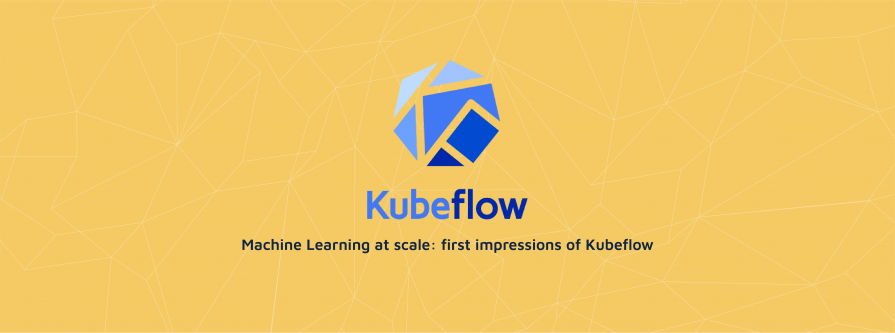
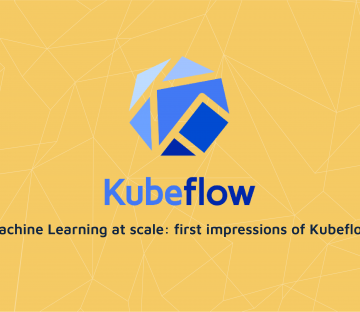
April 20, 2021 | Data Engineering, Machine Learning, Software Consultancy
Our recent client was a Fintech who had ambitions to build a Machine Learning platform for real-time decision making. The client had significant Kubernetes proficiency, ran on the cloud, and had a strong preference for using free, open-source software over cloud-native offerings that come with lock-in. Several components were spiked with success (feature preparation with Apache Beam and Seldon for model serving performed particularly strongly). Kubeflow was one of the next technologies on our list of spikes, showing significant promise at the research stage and seemingly a good match for our client’s priorities and skills.
That platform slipped down the client’s priority list before completing the research for Kubeflow, so I wanted to see how that project might have turned out. Would Kubeflow have made the cut?

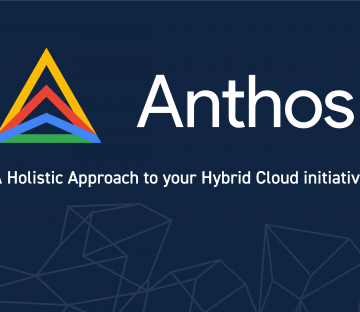
February 17, 2021 | Blog, Cloud, Cloud Native, GCP, Open Source
Multi-cloud is rapidly becoming the cloud strategy of choice for enterprises looking to modernise their applications.
And the reason is simple – it gives them much more flexibility to host their workloads and data where it suits them best.
In this post, we focus on Google’s application modernisation solution Google Anthos and the role it can play in your cloud transformation strategy.
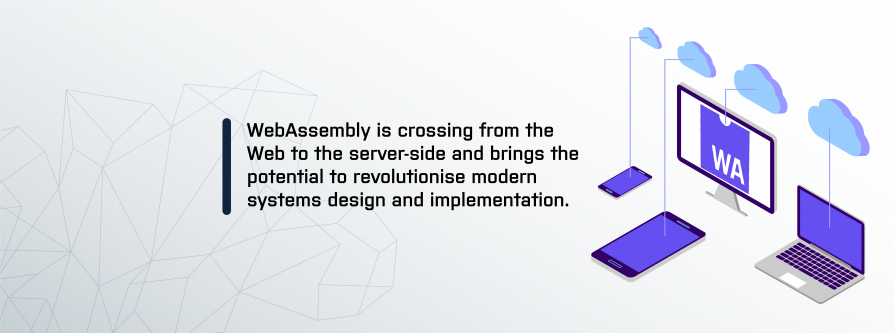
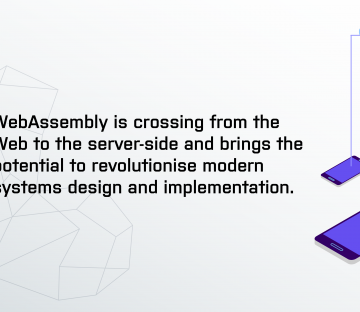
December 11, 2020 | Cloud, Cloud Native, Kubernetes, Microservices
“WebAssembly is a safe, portable, low-level code format designed for efficient execution and compact representation.” – W3C
In this blog, I’ll cover the different applications of Wasm and WASI, some of the projects that are making headway, and the implications for modern architectures and distributed systems.
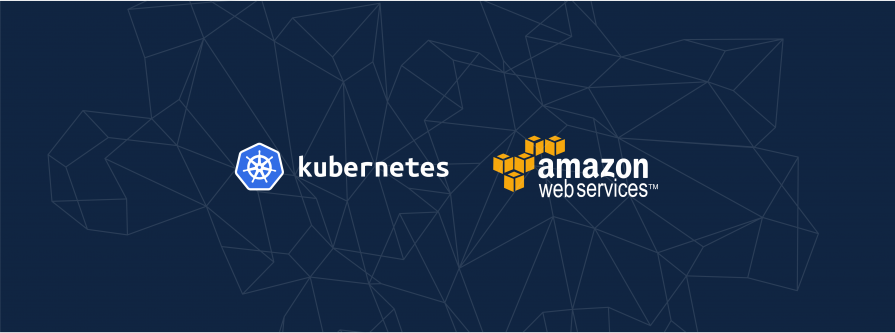
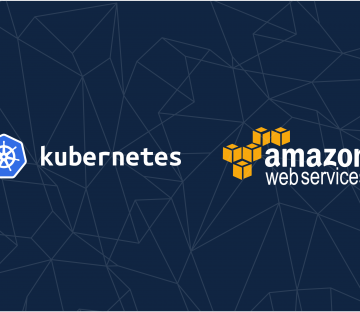
October 29, 2020 | Cloud, Kubernetes, Open Source
While working with a client recently, we experienced some issues when attempting to make use of NLB external load balancer services when using AWS EKS. I wanted to investigate whether these issues had been fixed in the upstream GitHub Kubernetes repository, or if I could fix it myself, contributing back to the community in the process.

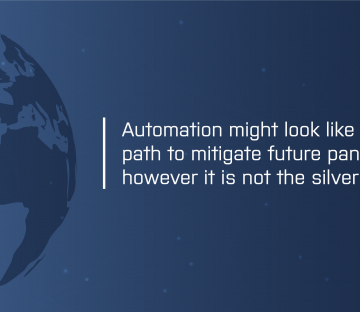
At the time of this post, the UK is making steps to exit from an unprecedented lockdown measures for the Coronavirus. Much of the UK workforce are still making efforts to work-from-home with mainly key workers operating – at risk – in public. Many industries have shut down completely. Consequently, many businesses are reflecting on what happens next and how do we better mitigate future pandemic events?


April 18, 2018 | Microservices
Quite a few of the anti-patterns we observe today on microservices projects are strongly related to how people approach the problem. Given their nature, these anti-patterns tend to be deeply ingrained and self-sustaining. Addressing them starts with increased awareness and by changing ways of approaching the problem, rather than by the introduction of yet another technical tool or framework.


February 14, 2018 | Cloud
AWS Announced a few new products for use with containers at RE:Invent 2017 and of particular interest to me was a new Elastic Container Service(ECS) Launch type, called Fargate
Prior to Fargate, when it came to creating a continuous delivery pipeline in AWS, the use of containers through ECS in its standard form, was the closest you could get to an always up, hands off, managed style of setup. Traditionally ECS has allowed you to create a configured pool of “worker” instances, with it then acting as a scheduler, provisioning containers on those instances.


January 11, 2018 | Data Engineering
The last few years have seen Python emerge as a lingua franca for data scientists. Alongside Python we have also witnessed the rise of Jupyter Notebooks, which are now considered a de facto data science productivity tool, especially in the Python community. Jupyter Notebooks started as a university side-project known as iPython in circa 2001 at UC Berkeley.


August 9, 2017 | Cloud, DevOps, Terraform Provider
The recent 0.10.0 release of HashiCorp Terraform, saw a significant change to the way Providers are managed. Specifically, the single open source code repository for Terraform has been divided into core and multiple provider repositories.


July 11, 2017 | Cloud, Cloud Native
Over the years, OpenCredo’s projects have become increasingly tied to the public cloud. Our skills in delivering cloud infrastructure and cloud native applications have deepened and the range of cloud projects we are able to take on has grown. From enterprise cloud brokers to cloud platform migration in restricted compliance environments, our ability to deliver on the cloud is now a core component of our value proposition.


January 13, 2017 | Publications
In this Ebook, you will find detailed step-by-step instructions on how to containerize your Java apps, fit them into CD pipelines, and monitor them in production. By the end of the report, you will be on your way to deploying containerized Java apps to production.


August 26, 2016 | Kubernetes
This post is the last of a series of three tutorial articles introducing a sample, tutorial project, demonstrating how to provision Kubernetes on AWS from scratch, using Terraform and Ansible. To understand the goal of the project, you’d better start from the first part.


August 26, 2016 | Kubernetes
This post is the second of a series of three tutorial articles introducing a sample, tutorial project, demonstrating how to provision Kubernetes on AWS from scratch, using Terraform and Ansible. To understand the goal of the project, you’d better start from the first part.


August 26, 2016 | Kubernetes
This post is the first of a series of three tutorial articles introducing a sample, tutorial project, demonstrating how to provision Kubernetes on AWS from scratch, using Terraform and Ansible.




March 3, 2016 | Software Consultancy
In this post, I’ll be sharing some React/Redux boilerplate code that Vince Martinez and I have been developing recently. It’s primarily aimed at developers who are familiar with the React ecosystem, so if you are new to React and/or Redux, you might like to have a look at Getting Started with React and Getting Started with Redux.


March 3, 2016 | Software Consultancy
JetBrains (the people behind IntelliJ IDEA) have recently announced the first RC for version 1.0 of Kotlin, a new programming language for the JVM. I say ‘new’, but Kotlin has been in the making for a few years now, and has been used by JetBrains to develop several of their products, including Intellij IDEA. The company open-sourced Kotlin in 2011, and have worked with the community since then to make the language what it is today.


March 2, 2016 | DevOps, Microservices
Many of our clients are currently implementing applications using a ‘microservice’-based architecture. Increasingly we are hearing from organisations that are part way through a migration to microservices, and they want our help with validating and improving their current solution. These ‘microservices checkup’ projects have revealed some interesting patterns, and because we have experience of working in a wide-range of industries (and also have ‘fresh eyes’ when looking at a project), we are often able to work alongside teams to make significant improvements and create a strategic roadmap for future improvements.


January 8, 2016 | Microservices
Many of our clients are in the process of investigating or implementing ‘microservices’, and a popular question we often get asked is “what’s the most common mistake you see when moving towards a microservice architecture?”. We’ve seen plenty of good things with this architectural pattern, but we have also seen a few recurring issues and anti-patterns, which I’m keen to share here.


November 23, 2015 | Software Consultancy
Over a year ago, my colleague Tristan posted on the OpenCredo blog about a test automation quick start framework. It’s a prepackaged framework you can clone and get going with testing instantly, rather than wasting your time rebuilding your framework every single project. We have used this framework successfully used on many of our internal projects, and it relies upon a Java, Cucumber-JVM and Selenium stack.


November 3, 2015 | Software Consultancy
My JavaOne experience was rather busy this year, what with three talks presented in a single day! The first of these talks “Debugging Java Apps in Containers: No Heavy Welding Gear Required” was delivered with my regular co-presenter Steve Poole, from IBM, and we shared our combined experiences of working with Java and Docker over the past year.


October 18, 2015 | Cloud, DevOps
Last week Steve Poole and I were once again back at the always informative JAX London conference talking about DevOps and the Cloud. This presentation built upon our previous DevOps talk that was presented last year, and focused on the experiences that Steve and I had encountered over the last year (the slides for our 2014 “Moving to a DevOps” mode talk can be found on SlideShare, and the video on Parleys).


October 18, 2015 | DevOps, Microservices
Once again I’m privileged to be speaking at the premier Java conference, JavaOne in San Francisco. This year I will be presenting (at least) three conferences sessions: “Building a Microservice Ecosystem”, “Debugging Java Apps in Containers” and “Thinking, Fast and Slow, with Software Development”. I say ‘at least’ three talks as I usually get press-ganged volunteered into helping out at other talks and BoF sessions, but this is simply a sign of the great community spirit and a large group of friends involved with this conference!




September 14, 2015 | Cloud, DevOps
If you are operating in the programmable infrastructure space, you will hopefully have come across Terraform, a tool from HashiCorp which is primarily used to manage infrastructure resources such as virtual machines, DNS names and firewall settings across a number of public and private providers (AWS, GCP, Azure, …).
![Microservice Platforms: Some Assembly [Still] Required. Part One](https://opencredo.com/wp-content/uploads/2018/10/banner-vanancies-895x196.jpg)
![Microservice Platforms: Some Assembly [Still] Required. Part One](https://opencredo.com/wp-content/uploads/2018/10/banner-vanancies-360x312.jpg)
August 26, 2015 | Cloud
Unless you’ve been living under a rock for the last year, you’ll undoubtedly know that microservices are the new hotness. An emerging trend that I’ve observed is that the people who are actually using microservices in production tend to be the larger well-funded companies, such as Netflix, Gilt, Yelp, Hailo etc., and each organisation has their own way of developing, building and deploying.


August 5, 2015 | Cloud, GCP, Kubernetes
Why OpenCredo partnered with Google
Recently OpenCredo chose to partner with Google in order to share knowledge and resources around the Google Cloud Platform offerings. Our clients come in many shapes and sizes, but typically all of them realise three disruptive truths of the modern IT industry: the (economic) value of cloud; the competitive advantage of continuous delivery; and the potential of hypothesis and data-driven product development to increase innovation (as popularised by the Lean Startup / Lean Enterprise motto of ‘build, measure, learn’).








March 11, 2015 | Microservices
 One of the pain points experienced with developing microservices is that it often proves too cumbersome to replicate an environment for local development. This usually means the first time an application talks to its “real” dependencies is when it gets deployed to a shared testing environment. A relatively laborious continuous integration process usually precedes this deployment, making our feedback cycle longer than we would like. In this post I describe a workflow that aims to improve that, using Docker and Docker Compose (formerly known as fig).
One of the pain points experienced with developing microservices is that it often proves too cumbersome to replicate an environment for local development. This usually means the first time an application talks to its “real” dependencies is when it gets deployed to a shared testing environment. A relatively laborious continuous integration process usually precedes this deployment, making our feedback cycle longer than we would like. In this post I describe a workflow that aims to improve that, using Docker and Docker Compose (formerly known as fig).

